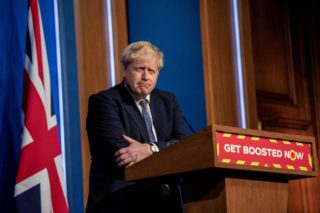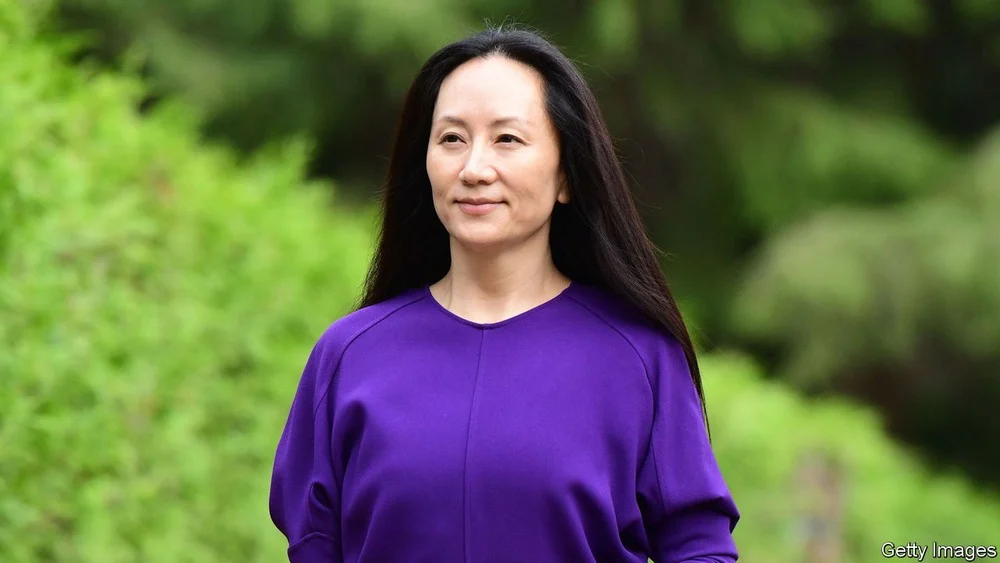LONDON — A British court ruled on Friday that Julian Assange can be extradited to the United States to face Espionage Act charges that could result in decades of jail time, reversing a lower-court decision in the long-running case against the embattled WikiLeaks founder.
The ruling was a victory for the Biden administration, at least for now, which has pursued an effort to prosecute Mr. Assange begun under the Trump administration. But Mr. Assange will seek to appeal the decision to Britain’s Supreme Court, according to his legal team.
The Justice Department’s decision to charge Mr. Assange with crimes for the acts of obtaining and publishing secret government documents raised novel First Amendment issues and alarmed press-freedom advocates. But because he has been fighting extradition, those questions have not been litigated. His transfer to the United States could set off a momentous constitutional battle.
The extradition case in Britain, however, has turned not on whether the charges against Mr. Assange are legitimate — a lower-court judge ruled they were — but on whether prison conditions in the United States are too harsh for someone with his mental health.
In ruling that Mr. Assange can be extradited after all, Britain’s High Court said it was satisfied by assurances provided by the Biden administration that it would not hold him under the most austere conditions reserved for high-security prisoners and that, if he were to be convicted, it would let him serve his sentence in his native Australia.
Mr. Assange fled into the Ecuadorean Embassy in London in 2012 when he was facing an investigation on allegations of sexual assault in Sweden, which were eventually dropped. He said he feared his human rights would be violated if he was extradited in that case.
He remained in the embassy for seven years until he was ejected in 2019. The United States unsealed an indictment against him on hacking charges on the day of his expulsion, and then charged him under the Espionage Act weeks later. He has been detained in London’s Belmarsh prison since 2019.
The complex case against Mr. Assange centers on his 2010 publication of diplomatic and military files leaked by Chelsea Manning, a former Army intelligence analyst — not on his publication during the 2016 election of Democratic emails stolen by Russia.
Over the course of three indictments developed during the Trump administration, prosecutors have made two sets of accusations. The first is that Mr. Assange participated in a criminal hacking conspiracy, both by offering to help Ms. Manning mask her tracks on a secure computer network and by engaging in a broader effort to encourage hackers to obtain secret material and send it to WikiLeaks. The other is that his solicitation and publication of information the government deemed secret violated the Espionage Act.
Hacking is not a journalistic act. But the second set of charges could establish a precedent that such journalistic-style activities may be treated as a crime in the United States — a separate question from whether Mr. Assange himself counts as a journalist.
In January, a lower court judge had rejected the extradition request on the grounds that Mr. Assange might be driven to suicide by American prison conditions. On Jan. 19, in one of its last acts, the Trump administration filed an appeal. Soon after taking office, the Biden administration decided to press forward with the effort.
The court ruling on Friday said the decision to allow the extradition was based on a number of assurances from the United States, including that Mr. Assange would receive any necessary psychological treatment and that if convicted, he would not be held at the country’s only federal supermax prison — the highest security facility, which houses the nation’s worst criminals.
Several doctors have said that Mr. Assange suffers from depression and memory loss and could attempt suicide if he were extradited, an argument that was central in his case.
Mr. Assange’s fiancé, Stella Moris, said in a statement that he would be appealing at the “earliest possible moment” and called Friday’s decision a “grave miscarriage of justice.” Ms. Moris and Mr. Assange have two children, conceived during the seven years he was hiding out in the Ecuadorean embassy in London.
Kristinn Hrafnsson, the editor in chief of WikiLeaks, denounced the court’s ruling and warned that Mr. Assange’s life “is once more under grave threat, and so is the right of journalists to publish material that governments and corporations find inconvenient.”
He added, “This is about the right of a free press to publish without being threatened by a bullying superpower.”
Activists who gathered outside the courthouse in central London erupted in protest after the news of the decision filtered outside.
“This is an utterly shameful development that has alarming implications not only for Assange’s mental health, but also for journalism and press freedom around the world,” wrote Rebecca Vincent, who has been monitoring the extradition hearing for Reporters Without Borders and was in the courtroom on Friday.
FEATURED IMAGE: The WikiLeaks founder Julian Assange has been charged in the United States with 17 counts of violating the Espionage Act.Credit…Peter Nicholls/Reuters
By Megan Specia and Charlie Savage/ The New York Times





